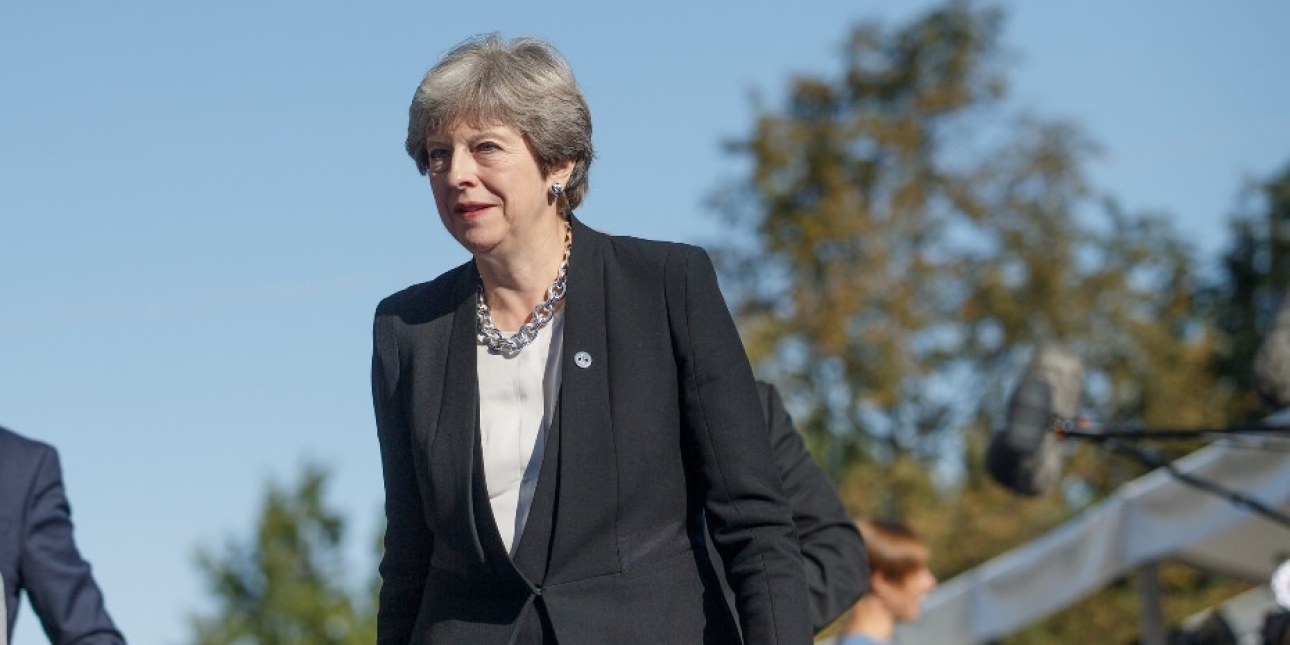PUBLIC RELATIONS
Friday 14th December 2018
What should Theresa May do next?
The answer to questions two and three looks to be no. The answer to number one is “it depends”.
And there, in a nutshell, is one of Theresa May’s problems.
The Conservative party in Parliament has been described as “the most sophisticated electorate in the world”. The assessment is said to be based on the party’s ability to choose the right leader for the moment and to deal with an array of changing circumstances.
Earlier this week though they had what looked like a simple choice – confidence in the leader, yes or no.
Yet MPs will have seen this poll as a lot more complicated than that. Some will have been keen to prevent particular individuals having a chance to take the reins. If I am an ambitious politician with eyes on the prize but not quite ready, or if I am someone who hates one of the likely contenders with a passion, it is in my interests to delay any vacancy. If I am someone who wants a new leader, but wants them free of the baggage of Brexit, it is in my interests to delay.
So, it is impossible to read the vote for May (200 to 117) as full-throated confidence.
And already there is dissent about whether a margin of 83 is good or poor.
Still, they are where they are. And under the rules there can be no internal vote of confidence for another year. So, unless there are events in the House of Commons more widely, May could have some breathing space.
Those of us on the outside don’t really see the detail. We don’t know the key players and we can only guess the pressures. But those caveats aside, here are my comms tips for Theresa May and her supporters (spoiler alert – they are about more than comms):
1: You need to find a win or some good news from somewhere. “De-toxified” language in the political declaration or in the communique from today’s European meeting isn’t going to cut it.
But a win can come from somewhere other than the Brexit jungle. Most normal people are not that interested in the minutiae of language. Most don’t spend every waking hour talking about the backstop. Surely there is a piece of legislation or an initiative the Government can promote heavily to deliver this.
2: You need to shift the focus from effort to results. There has been considerable media coverage of your work on Brexit and the huge effort in terms of travelling and meeting. People like to see their politicians work hard so this has been a good look. However, there comes a tipping point when visible effort without welcomed results can make a leader look ineffective. And we have gone past that tipping point now.
Both the points above are sensible, and right… but just not doable in the current political context.
There is no Government legislative announcement that delivers a win and other good news is not cutting through. Proposed laws in the pipeline, such as on immigration, have the potential to displease two sets of audiences. And while there have been announcements about good economic news recently. These have pretty much sunk without trace.
And the effort/result ratio is completely in the hands of 27 other leaders plus the European Commission. Assuming they stick to what they have said about no concessions, the only way to flex the ratio is to visibly put in less effort!
However, there is a risky step you could take. It is risky because it could create more uncertainty while also forcing you to go against a set of previous statements.
The suggestion of a new referendum on Brexit has begun to garner support from unlikely quarters. It has moved from a potential opposition tactic to a strategy which could break the logjam of decision-making stasis. Today (Thursday 13th December) the Times newspaper’s editorial argued in favour.
You have frequently spoken of the need to respect the results of the last referendum. And you have so far ruled out another referendum. But an argument could be made that the will of the people is so important that it needs to be demonstrated again in the new context of potential deals, known problems and new analysis. There is a quote attributed to John Maynard Keynes (although it is hard to find evidence that he actually said it) which goes “When the facts change, I change my mind. What do you do sir”?
Well the facts have changed. Maybe a change of mind would work.
PS: I would also sort out the whips office. They are clearly not delivering the votes you need.
Image courtesy of flickr user EU2017EE Estonian Presidency
